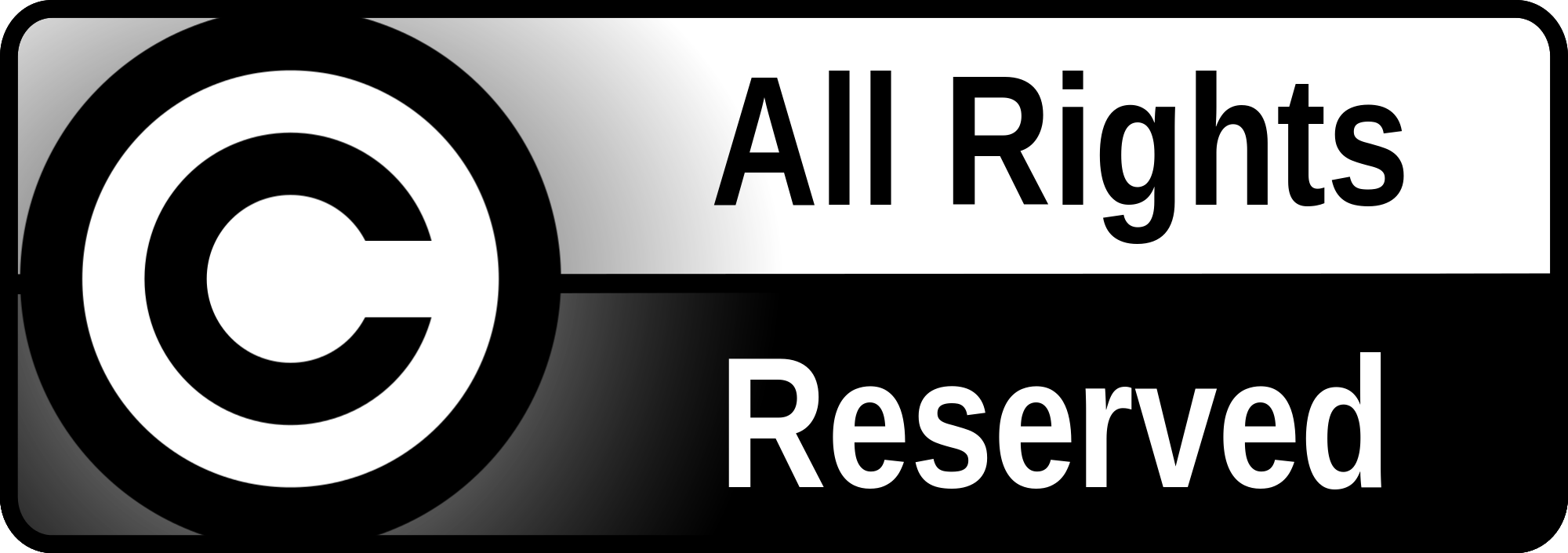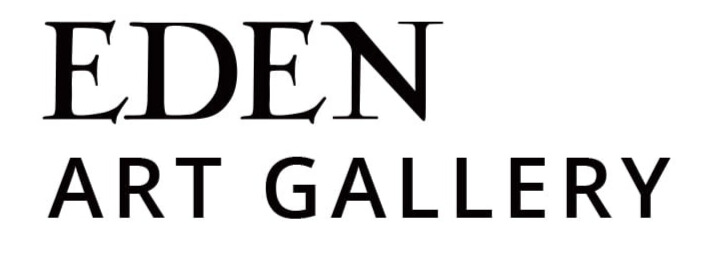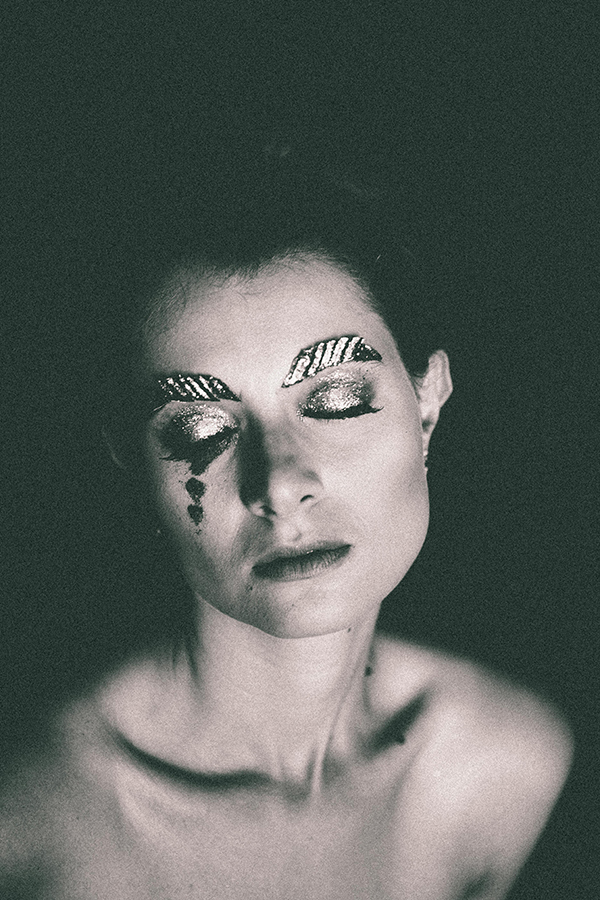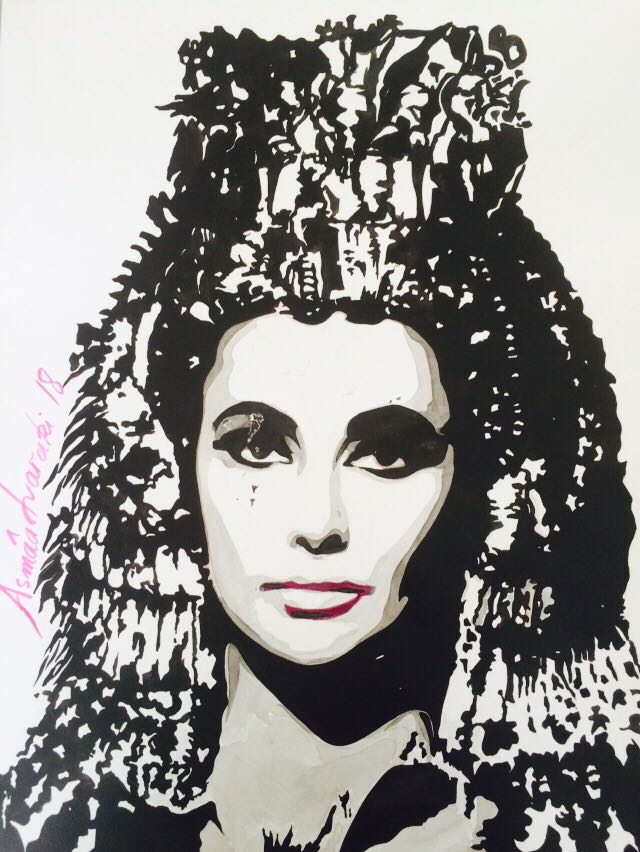Copyright
What is copyright ?
The law relating to copyright and neighboring rights dates from 2000 (Dahir n ° 1-00-20 (February 15, 2000)) and was amended in 2006 (Dahir n ° 1-05-192) February 2006)) .
An author is any natural person who creates an intellectual work regardless of its genre (literary, musical or artistic), its form of expression (oral or written), its merit or its purpose (artistic or utilitarian purpose). .

Copyright guarantees the continuity of an intellectual work which must therefore be an original and material creation. Exclusive right and enforceable against all, it allows a double protection: moral and patrimonial. Because it is personal, inalienable, it confers exclusive and imprescriptible use.
This literary or artistic property allows the author to authorize various modes of exploitation in the form of royalties, for example, and to receive in return remuneration for the transfer of these. The primary purpose is to protect the uniqueness of the work.
How is a website protected ?
A digital platform corresponds to an original and concrete creation; it can be protected by copyright or by a Sui generis right that can protect an unoriginal creation requiring an investment, the value of which can be materialized. The right of trademarks, model designs as well as copyright or sui generis govern the creation of a website.
Difficulties exist: the development of networks, the ease of reproduction and modification, the weak reproduction rate. This makes the protection ineffective.
Contracts between artists and galleries, what rights & what obligations ?
Often the exhibition and sale of works in galleries is often based on agreements sealed verbally. It is recommended to define in writing and in advance the relationship between artists and galleries, often the exhibition and sale of works in galleries is based on agreements sealed verbally.
The contractual balance between the gallery owner and the gallery must be maintained. The degree of involvement of the gallery in the promotion of the artist and participation in the production of the works …
These different provisions are reflected at the contractual level, where various modalities and options can be provided, contractual freedom being the rule.
Who of copyright.
The conclusion of a contract with a gallery owner does not entail any transfer of copyright. The author retains his rights even after the sale of the work.
An authorization to exhibit and promote an artist’s work cannot be assimilated to an exclusive transfer of his or her right of representation and reproduction. For example, the presentation of the artist’s work on a digital platform must be expressly mentioned.
The question of exclusivity
An exclusivity exists when the artist undertakes to present his works only in a gallery.
The exclusivity can be total or partial (for a certain territory) or a type of work if the artist creates different media.
We can also speak of an exclusivity “at first sight”, through which the artist presents as a priority to the gallery owner each new work without the gallery funding the said work.
Any exclusive contract is concluded for a limited period and must be expressly mentioned.
By Fatim Zahra TAHIRI


